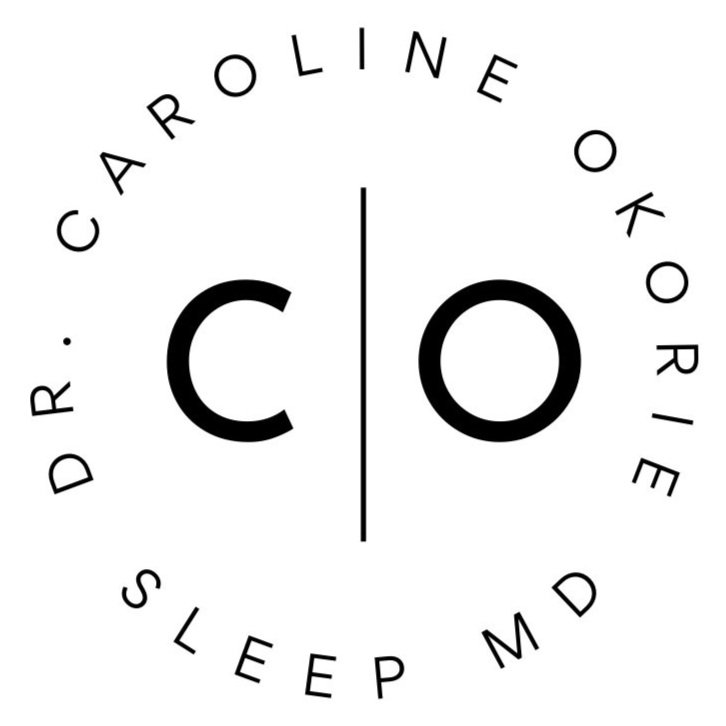When Jet Lag Already Has Its Hold On You: How To Bounce Back
Jet lag can be a real drag - you're tired when you want to be awake, and wide awake when it's time to sleep. I just experienced this when traveling to a conference from the West to the East coast of the US. So, how do you cope when jet lag already has its hold on you?
Here's some short, science-backed advice to get you back in the game.
Adopt the New Schedule
Immerse yourself in the new time zone as soon as you land! Adjust your meals, sleep, and activity schedule to the local time. This will help reset your circadian rhythm (your internal body clock) .
Get Some Sunlight
I know, I’m talking about light again. I can’t help it! It is one of the most powerful resources we have in this sleep health journey. Try to get plenty of sunlight in your new time zone.
If you're traveling east, get morning sunlight; if you're going west, seek afternoon sunlight.
Stay Hydrated and Eat to Nourish Your Body
Dehydration can exacerbate the symptoms of jet lag. Drink plenty of fluids, minimize alcohol and drink caffeine strategically as both can disrupt your sleep. Additionally, your body’s digestion also follows a circadian rhythm, so try to align your meals with the local time as well. Treat yourself, but don’t forget to eat some foods that nourish your body and don’t contribute to a sugar crash!
Move Your Body
Light exercise, such as walking or stretching, can reduce jet lag symptoms. It can help you adjust to the new time zone, boost your mood, and combat fatigue. I flew across the continent for a conference and found the strength and wherewithal to hit the gym for just a few minutes in the evening before dinner. I couldn’t believe how good I felt! Not always easy, but even taking a walk, doing some stretching can help your body feel better (especially after a long flight). Start where you are — even a few minutes of light stretching will do your mind and body some good.
You Can Consider Melatonin
Melatonin is a hormone that plays a key role in sleep. We naturally secrete it from our pineal gland in our brain (yes our brain has a gland!) and secretion timing is heavily influenced by light. Taking melatonin can help signal a shift in timing as well, but timing and dose matter, so consult your healthcare provider to consider if melatonin makes sense for you.
Those are tips I am following to pick myself up out of my jet lag slump. It may take a day or two to adjust, so have grace with yourself. Remember, our body was designed to adjust! So with a little patience and the right approach, you'll be back on your feet in no time.
Safe travels!
Sleep Well! Be Well!
Caroline Okorie, MD, MPH


